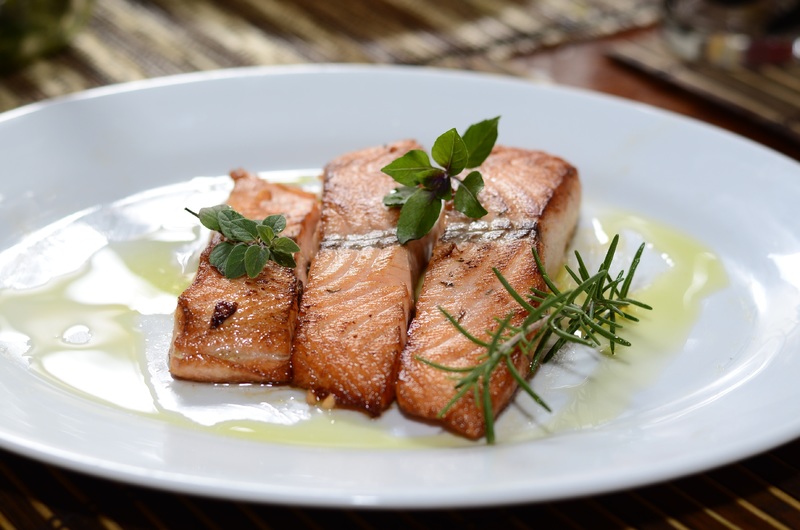
Seafood is an extremely nutrient-dense food, one that should be consumed frequently if at all possible and affordable.
Dr. Weston A. Price, the “Charles Darwin of Nutrition” and author of Nutrition and Physical Degeneration, found that seafood eating cultures exhibited the most vibrant health of all the traditional cultures he studied during his journeys around the world in the 1920s and early 1930s.
Seafood clearly is superior to the meat from land-based animals as the nutrient density of the meat and dairy of land-based animals is highly dependent on whether they are grass-based as well as the richness of the soil the animals graze upon.
Many consumers are unaware that around 80% of the seafood available in the USA now comes from developing countries like Thailand, Vietnam, Costa Rica, and others where the farming practices are frequently suspect and, in many cases, downright unsafe. For example, fisheries in Asia sometimes even raise their fish in sewage!
Antibiotics and other carcinogenic chemicals are nearly always added to the water to reduce the chance of infection in fish raised in crowded, unsanitary conditions.
If you choose to eat seafood and fish eggs as I do, make sure you always get wild-caught salmon and other seafood from cold, northern waters, or at the very least, seafood farmed in the USA, where these unsafe practices and chemicals are banned.
Note that sustainable salmon is not necessarily the same thing!
The short video below provides a chilling overview of the farmed fish problems throughout the developing world and why you must be savvy in your seafood buying habits in order to protect your family and your health.
Also note that almost all the fish and seafood available at restaurants is farmed! One night at dinner at Bonefish Grill, I asked the waiter which items on the menu were wild-caught. To my dismay, there was not a single wild item to choose from! It seems that steak is your safest and most nutritious bet when eating out.








I found one regular supermarket that sells cod fish from the South African ocean, it says that it is fish From a sustainable source and caught from the sea, is it safe to use?
It says that it is from wild fish, from southern africa ocean sea dose that mean its wild caught and safe?
Hi there,
Farmed salmon from Norway is one of the safest, freshest fish you can get. Norwegians have been perfecting fishing (and more recently aquaculture) practices for many years now. Norwegian Salmon is raised in cold, clear waters in pens that are 97.5% water and 2.5% fish, so the fish have plenty of room to move! They're very happy; I've been there myself.
Lastly, while studies have shown that farmed salmon have a higher PCB level than wild salmon, it is still far below the allowable levels. Several studies have indicated that the benefits of eating salmon (even farmed) far outway the risks of not eating it.
salmoninseconds.com
You are right, much of the tilapia at the store is farmed. Find out what country it is farmed in .. if it the US, then the practices used at the fisheries aren't nearly as unhealthy as those overseas.
From what I understand all tilapia is farmed – is this correct? Our family loves it but I'm nervous to buy it even if the grocer says that it's "responsibly" farmed.
On another note – I always thought I was making a good and healthy choice by choosing fish when I went out to eat. I think my choices will change – what to eat now!?
Canned salmon is always wild because farmed salmon turns to mush when it gets canned. So, canned salmond is a healthy choice to have in your pantry .. the only challenge then is to find a brand that uses BPA free cans.
It is my understanding that swordfish cannot easily be farmed, so it should be a safe choice for the most part. I love swordfish too, especially how it is prepared at Thai restaurants.
Sarah, I love swordfish and am wondering if I should look for wild swordfish. I,ve heard that since it is very hard to catch you can ONLY buy wild swordfish. Is this true or not? Please respond.